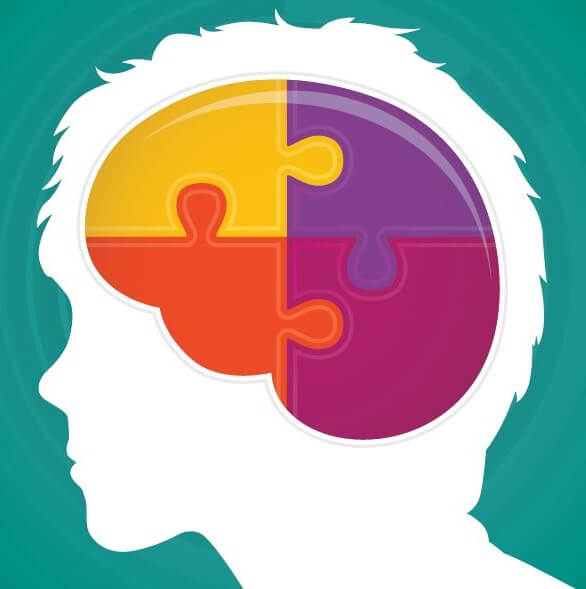Autism Spectrum Disorder: A Guide For Parents

Autism Spectrum Disorder, or Autism, is something we hear about all the time, either in the news, at the doctors, or in schools. But what exactly does it mean? In this article, we are going to highlight ASD and provide parents with the proper insight on diagnosis signs and risk factors.
Autism Spectrum Disorder can be described as a developmental condition that generally appears during early childhood. Autism can impact individuals in different ways, but signs can be shown in the following areas:
- Social Skills
- Communication
- Relationships
- Self-Regulation
As mentioned above, Autism can impact individuals in a variety of different ways. Those diagnosed can be highly intelligent, of average intelligence, or have learning difficulties. There are also different levels, requiring minimal to high care.
When diagnosing a child with Autism, several factors are looked at. Socal signs of Autism in a child can include:
- Minimal or no eye contact
- Lack of listening skills
- Responding slowly to their name being called
- Unable to predict other peoples actions
- Facial expressions/movements that do not match the situation
Restrictive/Repetitive behaviors include:
- Repeating specific words or phrases
- Having a substantial interest in a particular topic
- Having an overly focussed interest
- Getting upset in changes to routine
- Sensitive in sensory circumstances
However, not all behaviors are as shown above. Some children excel in certain areas, remembering things in detail, and being able to absorb information efficiently.
Although the exact cause of ASD is unknown, several factors are taken into consideration. These can include family background (ASD diagnosed Siblings/Parents) and having certain genetic conditions (Down syndrome). If you suspect that your child may have ASD, it is essential to speak to your doctor about your concerns. A developmental screening can then be organized as well as any checkups.
If you are concerned about your child, please remember to reach out and seek help. There is a vast amount of support services offered to both parents and children to assist them in every way possible. After diagnosis, parents can develop techniques and routines to put into place. In some circumstances, medication can be prescribed to help with minor symptoms such as irritability, trouble sleeping, anxiety, and depression. Just remember always to do your research, and seek help when needed.
839GYLCCC1992



Leave a Reply